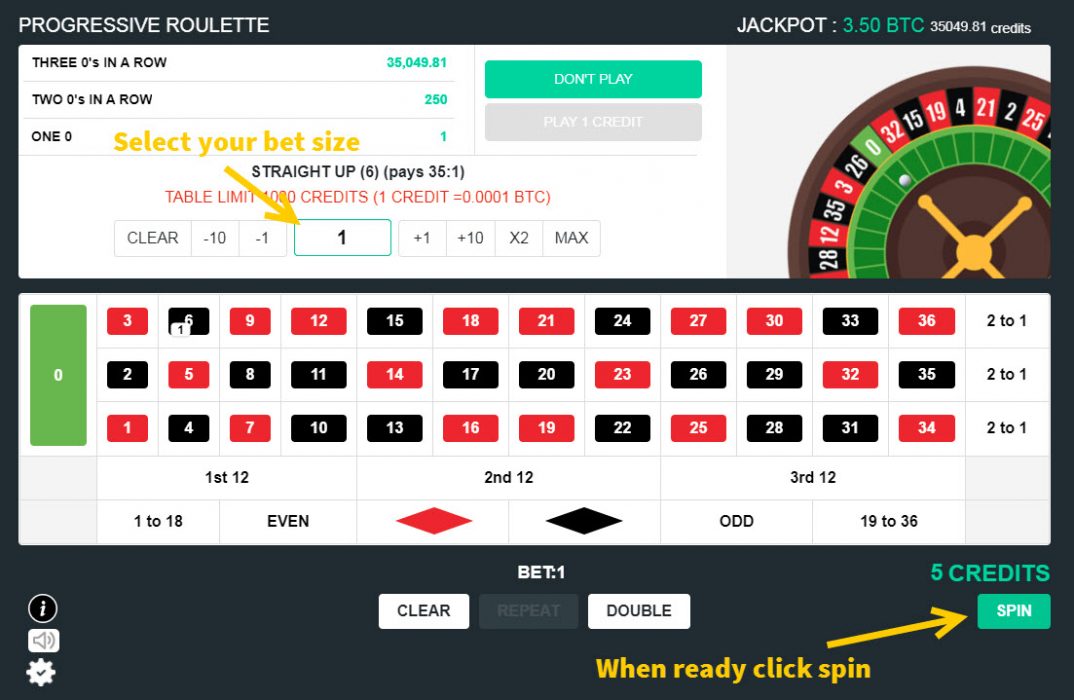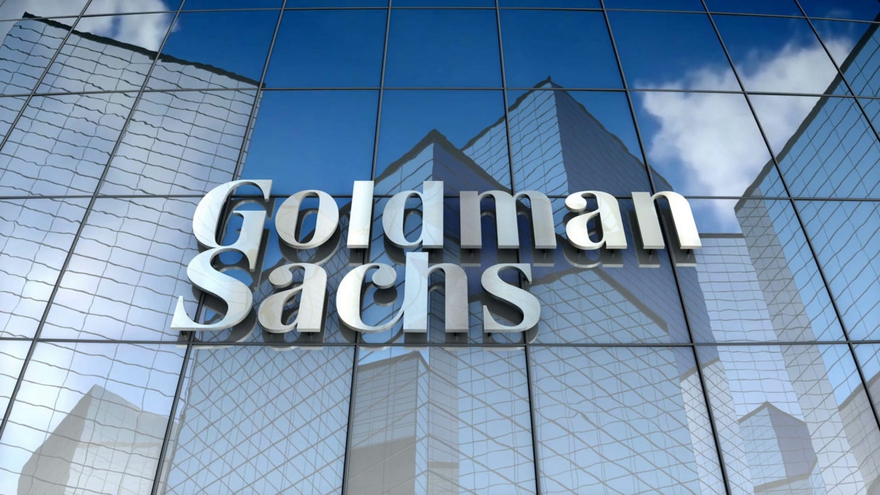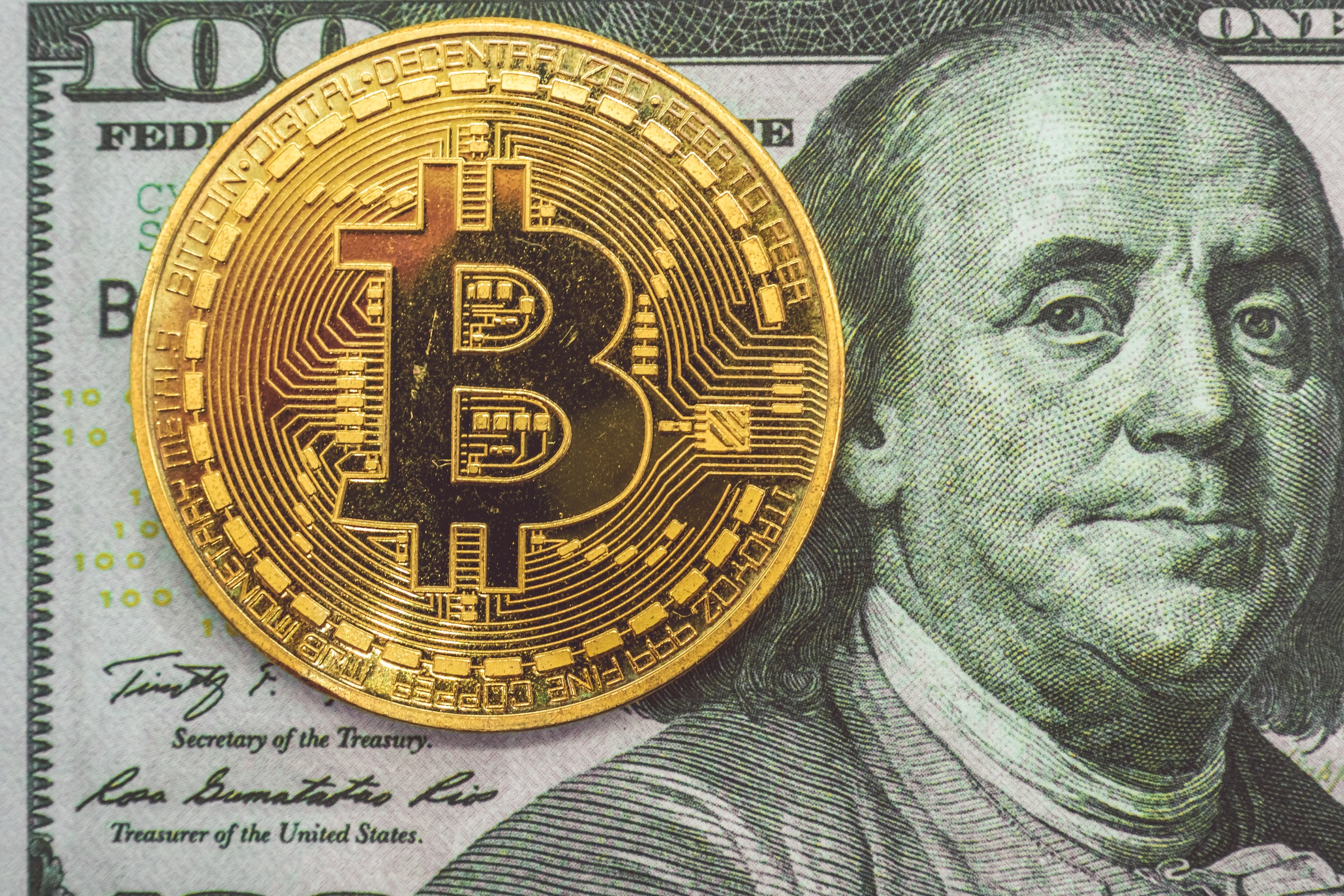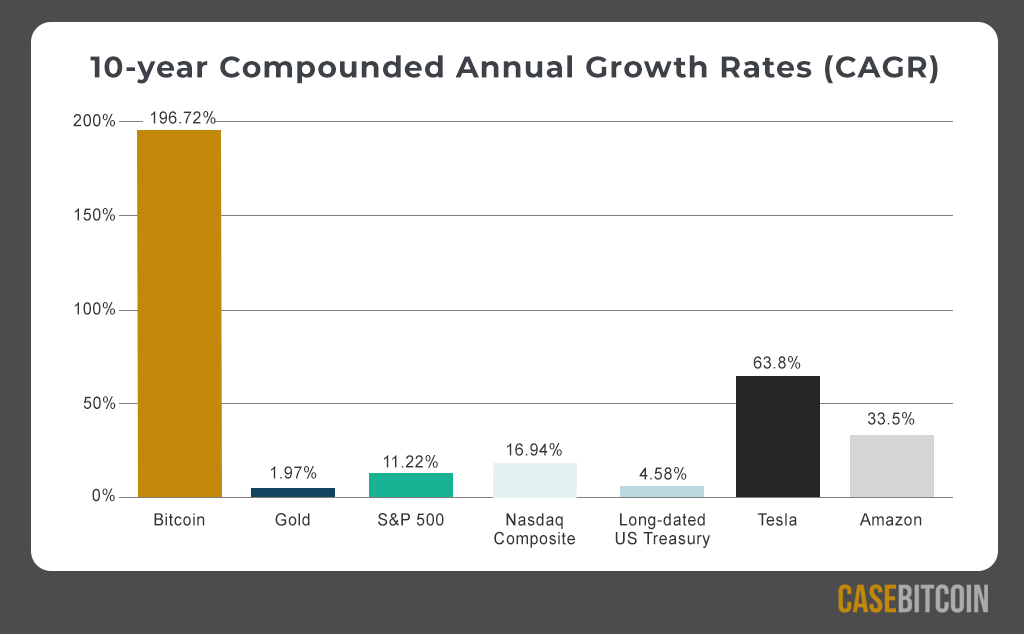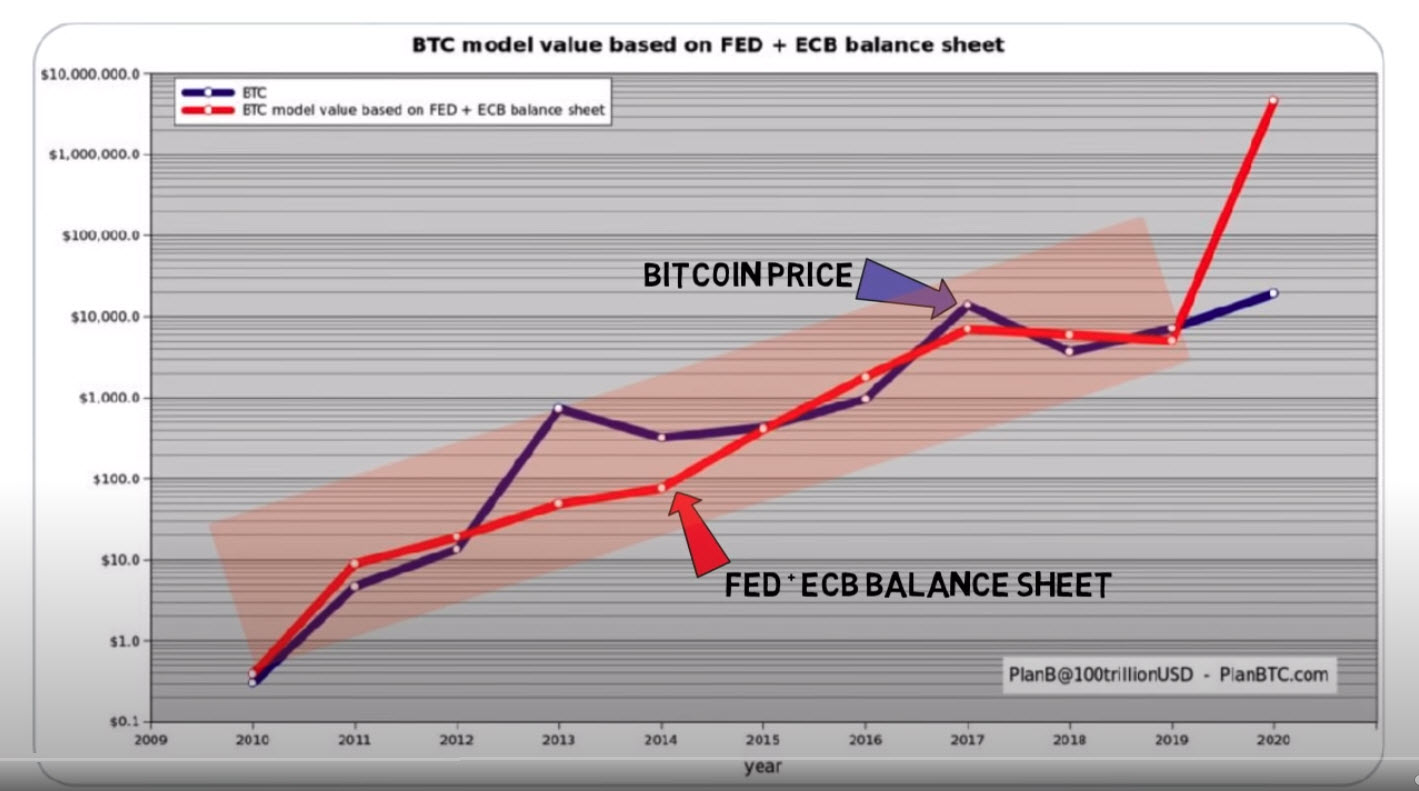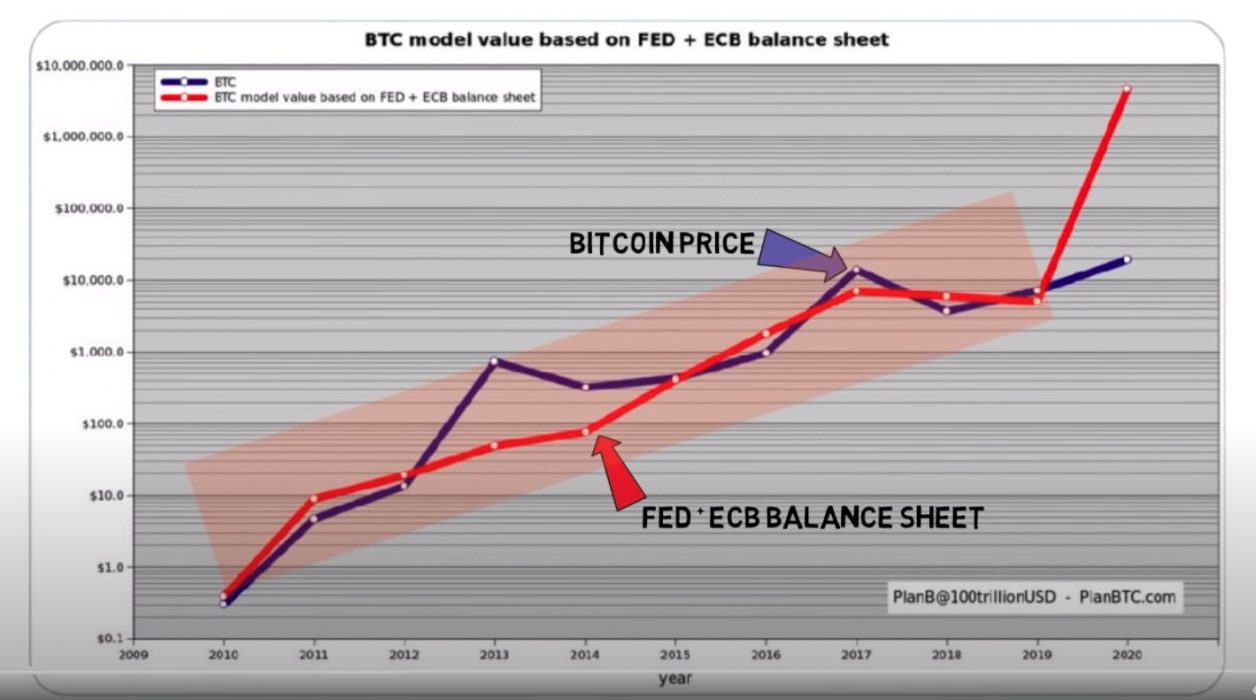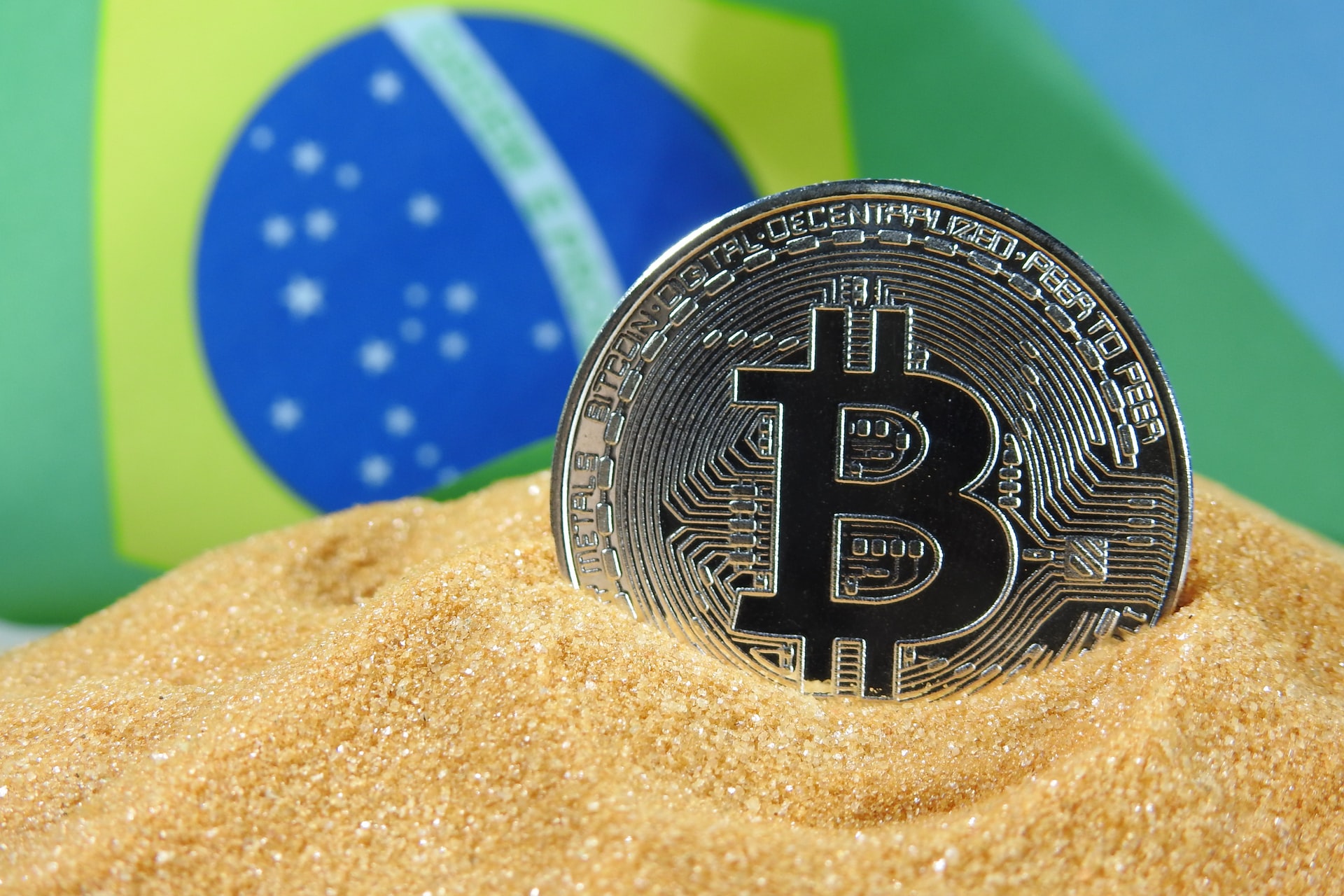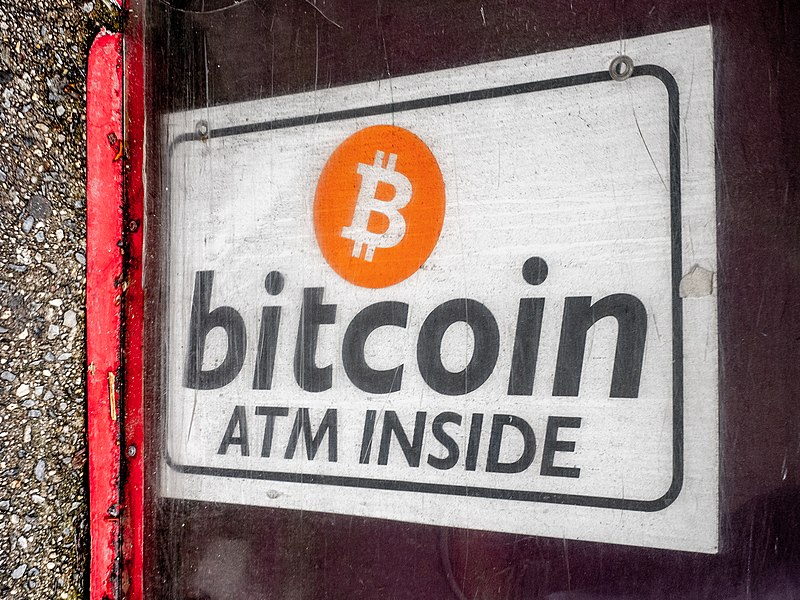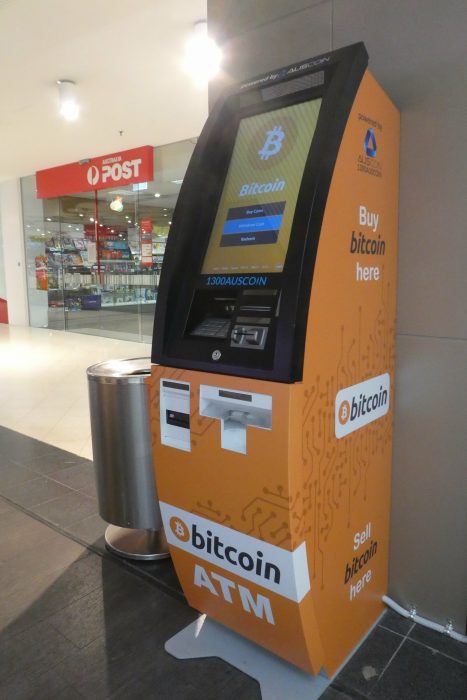Back in August, alleged serial scammer Peter Foster was arrested by Queensland law enforcement over an international sports betting scam worth millions of dollars in BTC.
Peter Foster has now been released on bail (with strict conditions), due to issues regarding the jurisdiction in which he should be tried.
After being arrested in Queensland, he was extradited to Sydney to face the charges brought against him over high-roller bets that were apparently never placed.
Alleged Repeat Offender
At the time, Peter Foster was charged with “five counts of publishing false and misleading material to obtain an advantage, 10 counts of dishonestly obtaining financial advantage by deception, and one count of knowingly dealing with proceeds of crime with intent to conceal.”
However, it turns out that Peter Foster should have been charged in Queensland – not in NSW – which is why NSW will be allegedly dropping the case, citing a lack of reasonable prospects for a successful conviction. The charges, however, will remain.
Until the proper jurisdiction for the court case can be confirmed, Peter Foster was granted bail under very strict conditions. Currently, Foster is scheduled to face the court on the 22nd of April.
Although slightly wary, Magistrate Margaret Quinn did not oppose the request for bail – provided the suspect is kept under close observation.
“[It is] a risk, but not an unacceptable risk. Mr Foster, I say this to everybody: if you breach these conditions you may not get bail again.”
Under these conditions, Foster will have to remain at his home in Dover Heights, except for medical emergencies, consulting with his legal team, or reporting to the police – the latter of which he will have to do daily. He will also be required to wear an electronic monitoring device, cannot access the internet, and will have his passport temporarily confiscated.
In addition, Peter Foster must deposit a $180k surety before being released on bail.





